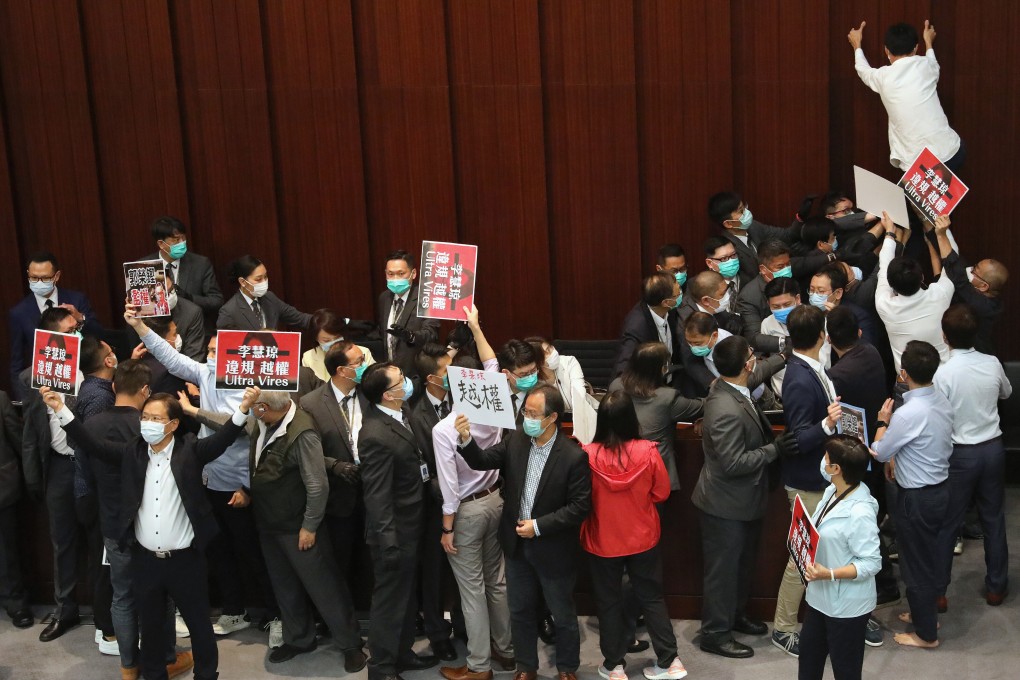Opinion | Why Hong Kong democrats should look to Macau’s opposition lawmakers for inspiration
- The opposition bloc hoped to secure 35 seats in the legislature, giving it the power to block government bills, but the national security law has scuppered this obstructionist agenda
- Pan-democrats should look to go back to reasonable debate and striving to achieve a consensus

Primaries for pan-democratic candidates running in the city’s upcoming September Legislative Council election are to be held over the coming weekend.
Tai’s plan is for this pan-democratic majority to control the legislature’s agenda and the power to block government bills. The “massive constitutional weapon” that Tai referred to is Article 52 (3) of the Basic Law, which gives the chief executive the power to dissolve Legco if it does not pass the budget or “any other important bill”, but also stipulates that the chief executive must resign if the new Legco also does not pass the original bill.
Of course, it would take more than just a simple majority, but Tai understands – perhaps better than any one else – that the prospect of creating that sort of disruption to the normal business of the government is enough to get reactions from not only the populace, but also the government and Beijing.
